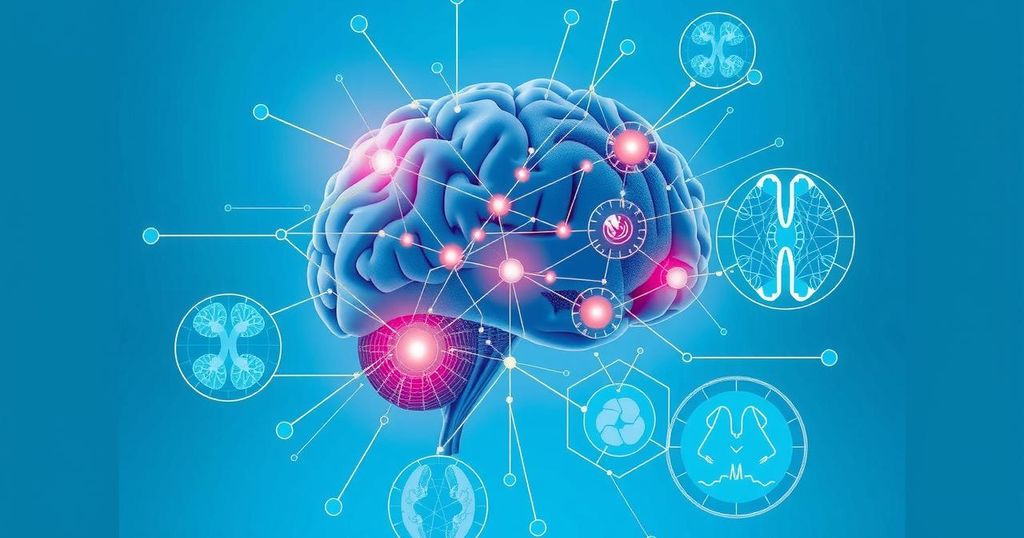AI’s Role in Revolutionizing Neuro-Oncology: Insights from Dr. Nicholas Blondin
AI is set to revolutionize neuro-oncology, enhancing diagnosis and treatment for brain tumors. Dr. Nicholas Blondin from Yale discusses both the promise and ethical challenges of integrating AI, emphasizing the need to maintain doctor-patient relationships. As AI technology progresses, it offers opportunities for better care and patient engagement.
Artificial intelligence (AI) is on the brink of transforming the neuro-oncology landscape. This is the thought process of Dr. Nicholas Blondin, an associate professor at Yale School of Medicine. During an insightful chat with CancerNetwork®, he outlined how AI and machine learning could significantly reshape diagnosis, treatment plans, and overall patient management for brain cancer cases. It’s a tantalizing prospect that combines technology with patient care in unprecedented ways.
Blondin noted that AI has the potential to enhance the precision and speed of brain tumor diagnoses, unlocking the ability to spot subtle indicators that human eyes might overlook. However, it’s not all sunshine and rainbows. He also highlighted the ethical conundrums tied to the integration of AI in clinical practice—data privacy being a major concern. He stressed that, regardless of technological advancements, the essence of good medicine must not be forgotten: the doctor-patient relationship.
On one hand, there’s palpable excitement surrounding the emergence of AI and machine learning in medicine; on the other, lingering worries about privacy issues in healthcare settings loom large. Recent months have shed light on AI’s capability to interpret MRI scans and understand various treatment options more effectively. Notably, a recent report featuring AI in pediatric brain cancer care showcased some encouraging conclusions from its application. It’s a conflicting landscape, full of promise yet tinged with caution.
Blondin candidly shared his personal experience, mentioning that he’s just beginning to integrate AI into his practice to enhance treatment decision-making. He acknowledged that in the coming years, AI is bound to develop rapidly. Importantly, he maintains that the core of neuro-oncology revolves around nurturing the doctor-patient bond. He hopes that AI will serve as a valuable ally, enabling physicians to provide even better care for their patients.
He also expressed a desire for patients to engage with AI technologies, fostering an environment where they can develop their ideas and bring them to discussion. This collaboration could lead to mutual learning and, ultimately, progress in patient care outcomes. The future lies in harnessing the potential of AI while ensuring that humanity—those crucial doctor-patient connections—remains intact. To sum it up, navigating the rise of AI in neuro-oncology is a balancing act filled with both hope and caution, promising a new era of cancer care while safeguarding essential relationships in medicine.
As the neuro-oncology field stands at the crossroads of technology and patient care, the introduction of AI presents exciting possibilities for improving brain tumor diagnosis and treatment. Dr. Blondin’s insights highlight both the potential breakthroughs and the ethical challenges that come with this integration. While there’s immense hope for enhancing patient outcomes through AI, the preservation of the human touch in medical practice remains paramount. Moving forward, the collaboration between AI tools and doctor-patient relationships will be pivotal in shaping the future of neuro-oncology.
Original Source: www.cancernetwork.com




Post Comment